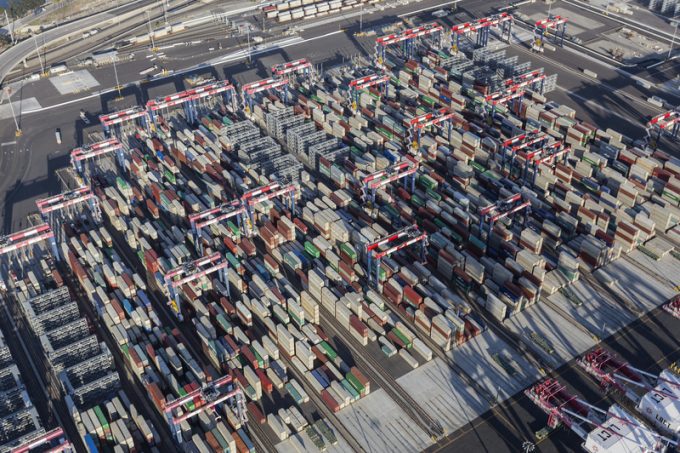HMM reports 500% rise in operating profit, and eyes fleet and route expansion
South Korean container line HMM is yet another major carrier to enjoy a bumper 2024, ...

Like the rest of the world’s economies, the US has been battered by the coronavirus pandemic. But its recent performance, including the almost unprecedented bull run on the transpacific trade over the past few months, seems to defy normal economic logic.
However, as this long read from Quartz explains, there are unique features to the pandemic-induced recession, such as the shutdown of the hospitality and services industry which left consumers who still have jobs with little else to spend their money ...
Volcanic disruption at Anchorage could hit transpacific airfreight operations
Macron calls for ‘suspension’ – CMA CGM's $20bn US investment in doubt
De minimis exemption on shipments from China to the US will end in May
Forwarders stay cool as US 'liberation day' tariffs threaten 'global trade war'
Shippers snap up airfreight capacity to US ahead of tariff deadline
Looming Trump tariffs will create 'a bureaucratic monster' for Customs
Mixed response in US to 'Liberation Day', while China leads wave of retaliation

Comment on this article